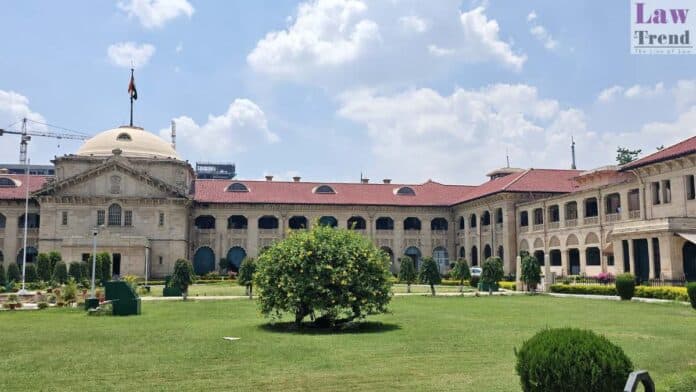The Allahabad High Court delivered a landmark judgment in the case of Shiv Dutt Sharma v. State of Uttar Pradesh & Others (Special Appeal No. 367 of 2024), reiterating the principle that appointments made on compassionate grounds cannot be sustained if obtained by concealing material facts. The case was heard by a Division Bench comprising
To Read More Please Subscribe to VIP Membership for Unlimited Access to All the Articles, Download Available Copies of Judgments/Order, Acess to Central/State Bare Acts, Advertisement Free Content, Access to More than 4000 Legal Drafts( Readymade Editable Formats of Suits, Petitions, Writs, Legal Notices, Divorce Petitions, 138 Notices, Bail Applications etc.) in Hindi and English.




